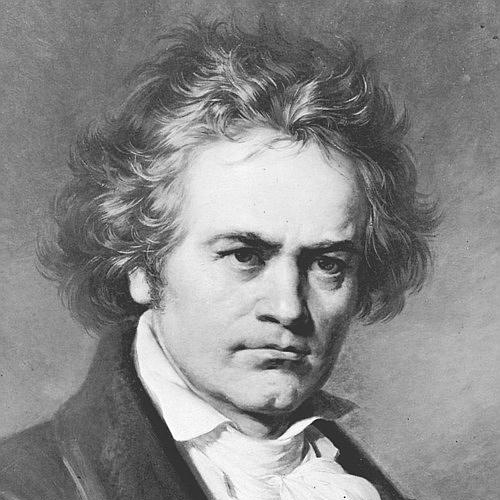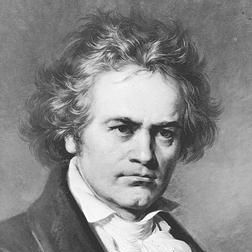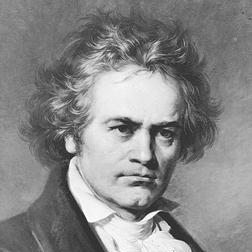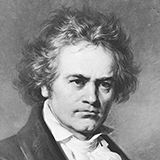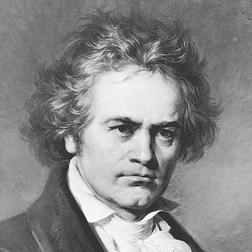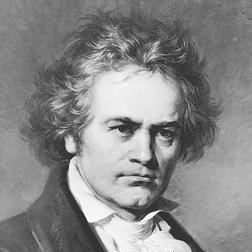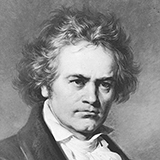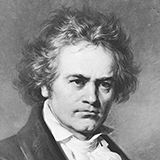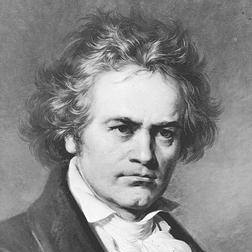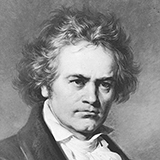Digital Ludwig Van Beethoven Sheet Music Song Download
Download Printable PDF Ludwig Van Beethoven Music Notes & Learn In Minutes
Dive into the timeless world of Ludwig Van Beethoven's sheet music. From the powerful Symphony No. 9 to the evocative Moonlight Sonata, experience the depth and brilliance of one of classical music's most iconic composers. Ideal for pianists, violinists, and orchestras, our collection offers a deep dive into Beethoven's masterpieces.
Beethoven composed his first symphony in 1799, which was followed by a string of compositions including sonatas, concertos, and works for piano. One of his most famous works is Fur Elise.
LUDWIG VAN BEETHOVEN SHEET MUSIC: AN OVERVIEW OF THE MASTER
Hailing from Bonn in 1770, Ludwig van Beethoven later relocated to Vienna, cementing his legacy as an iconic musician in the city. This distinguished German composer and pianist is celebrated as one of history's seminal musical figures.
Beethoven's oeuvre seamlessly bridges the Classical and Romantic epochs in music. One of his notable supporters was Prince Joseph Franz Maximilian Lobkowitz, who not only turned his Prague palace into a sanctuary for Beethoven in 1813 but also received a dedication from the composer for his opus 102, variations on Handel's "Judas Maccabaeus".
With immense respect for Frederick William II, Beethoven shared his fresh compositions with the monarch. In a bid to alleviate his financial challenges in 1824, Beethoven sold Lobkowitz the Triple Concerto for a hefty 1,000 florins, hinting at another soon-to-be composition priced at no less than 800 florins. However, there's no evidence Beethoven ever crafted this anticipated piece.
His musical journey commenced with his first symphony in 1799. This was just the beginning of a series of masterpieces ranging from sonatas and concertos to unique piano works. Among his renowned compositions are the Ninth Symphony (1824), the Fifth Symphony (1808), and the Third Piano Concerto (1801). In 1795, Count Andreas von Hoyos championed the formation of the Schuppanzigh Quartet, a team of budding musicians.
Following the 1804 reinstatement of the Habsburg monarchy, Prince Lobkowitz influenced Beethoven to revisit his Trios. Not just limited to revisions, Beethoven also injected fresh material into his compositions during this period. "Fur Elise" and "Moonlight Sonata" are among his most globally recognized pieces.
LUDWIG VAN BEETHOVEN: THE FINAL NOTE
The world bid farewell to Ludwig van Beethoven on March 26, 1827. Born in 1770, he valiantly battled progressive deafness throughout his life. Embedded in the classical tradition, Beethoven's profound impact on Western music is undeniable.
His illustrious career, spanning nearly five decades, gifted the world with iconic compositions. Many perceive his music as the "echo of a transcendent spirit." Remarkably, he premiered his first symphony at just 16, and his vast catalog boasts epochal works such as the Fifth Symphony, the Third Piano Concerto, and the Ninth Symphony.
